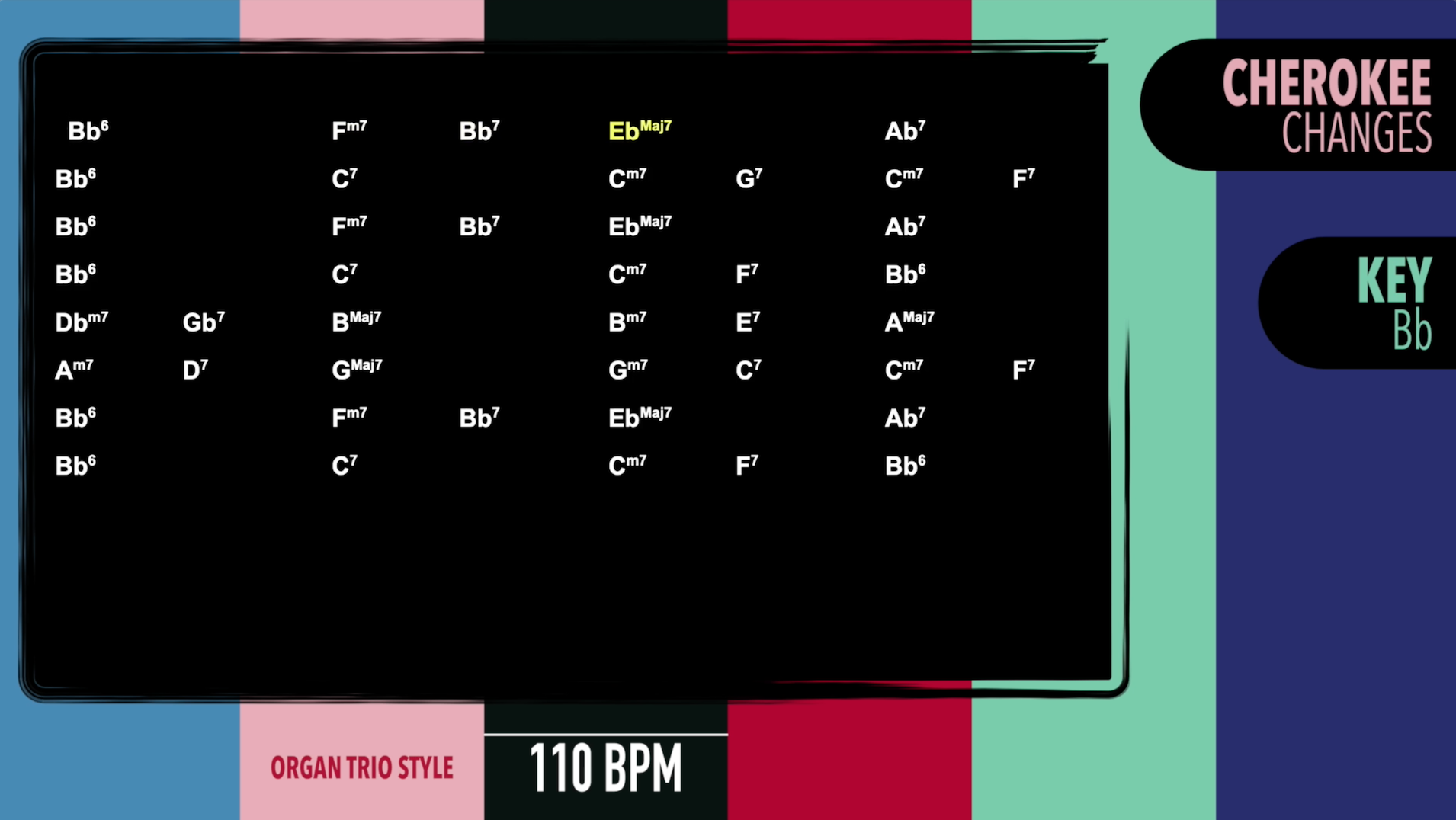Cherokee Backing Tracks in All Keys | Practice Jazz Standards
These particular backing tracks present the chord changes in a slow/medium tempo, much slower than the breakneck tempo in which this type of tune is usually performed. This is done for (aspiring) jazz musicians looking to sharpen their skills and explore this timeless standard. Whether you're a saxophonist, guitarist, pianist, or trumpet player, these tracks will help you level up your improvisation, rhythmic accuracy, and harmony mastery.
Why Practice "Cherokee" in All Keys?
- Master Complex Changes: Cherokee's fast tempo and intricate II-V-I changes make it one of the ultimate bebop challenges.
- Build Finger Dexterity: Shifting between keys pushes your technique and finger agility.
- Improve Key Flexibility: Getting comfortable playing in all keys is essential for jam sessions and soloing confidently.
Pro Tips for Practicing:
- Start Slow! Begin by slowing down the track and gradually increasing the tempo as you become more comfortable.
- Focus on Small Chunks: Break the song into smaller sections and practice specific changes (e.g., the bridge or certain II-V-I patterns).
- Use a Metronome: Staying in time is crucial for jazz. Practice along with a metronome or the provided backing track to tighten your rhythmic accuracy.
- Play Melodic Lines: When improvising, try focusing on smooth, melodic lines rather than just running scales.
- Apply Scales & Arpeggios: Make sure to practice relevant scales (e.g., major scales, bebop scales, arpeggios) over each set of chord changes.
- Transcribe Solos: Listen to classic versions of Cherokee by jazz legends like Charlie Parker or Clifford Brown, and try to transcribe or mimic their phrasing.

